Question And Answer
Publications
Articles, publications, books, tools and multimedia features from the U.S. Institute of Peace provide the latest news, analysis, research findings, practitioner guides and reports, all related to the conflict zones and issues that are at the center of the Institute’s work to prevent and reduce violent conflict.
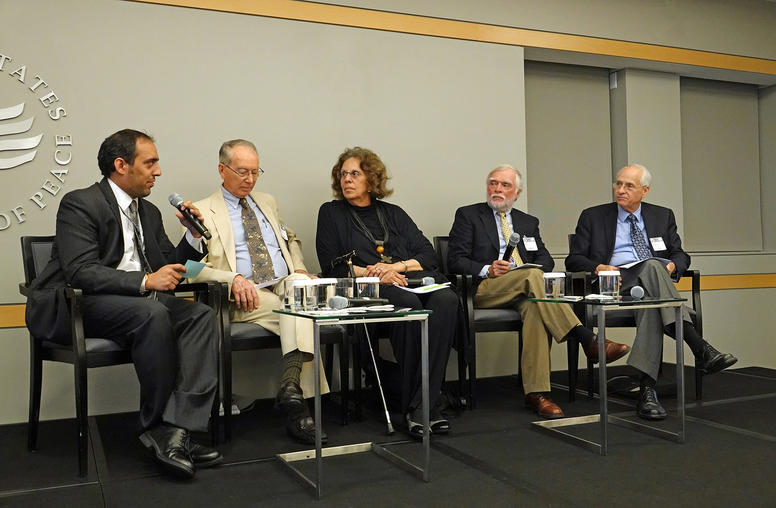
In Ethiopia, Former U.S. Diplomats See Promise in Reform
In Ethiopia, political prisoners are free and the security services revamped. Women now comprise half the cabinet, and serve as ceremonial head of state, chief justice, and chair of the electoral commission. Significant steps have been taken toward resolving a 20-year conflict with neighboring Eritrea and reforms to unleash the economy—already one of Africa’s fastest growing—are ostensibly on the way. Elections are slated for next year. Under Abiy Ahmed, the nation’s popular new prime minister, Ethiopia is changing in ways long desired by American policymakers, agreed four former U.S. ambassadors to the country. Yet the most the U.S. is likely to do is offer encouragement and a bit of support, they said.
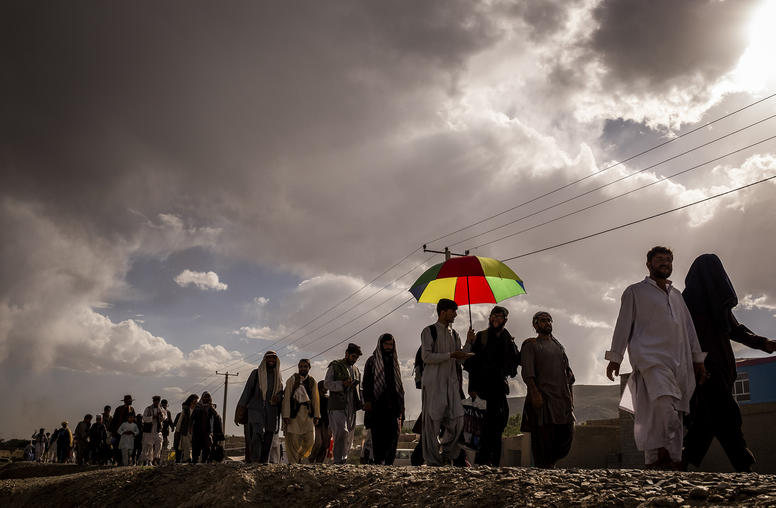
Amid a Spike in Violence, Have Afghan Peace Talks Lost Momentum?
After rapid progress in early 2019, the Afghan peace process has seemingly slowed. The U.S. chief negotiator, Ambassador Zalmay Khalilzad, said in May that his negotiations with the Taliban were making slow but steady progress, but there has been little headway in starting talks among the various Afghan parties. Meanwhile, violence has ratcheted up, as typically occurs in the spring and summer in Afghanistan. The country’s overdue presidential polls are scheduled for late September, further complicating efforts to achieve peace. Can talks succeed amid the violence and political discord? Will the elections drain momentum from the peace process? USIP’s Johnny Walsh looks at the Afghan peace process ahead of the next round of talks in late June.
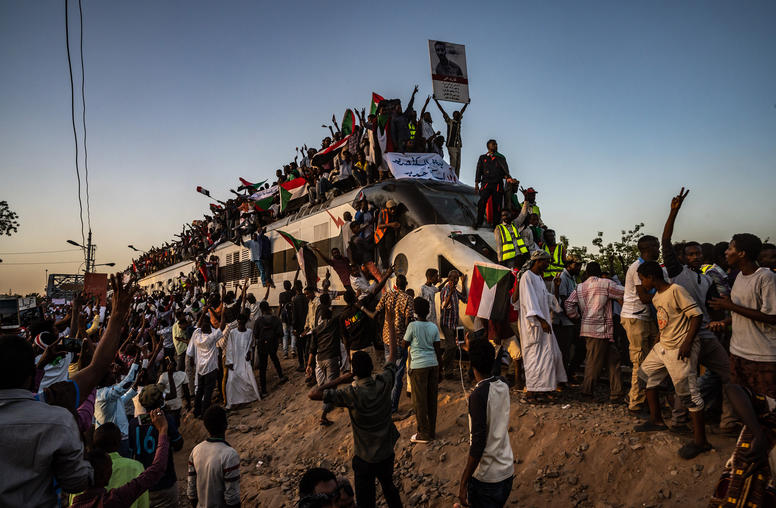
Sudan Remains at a Stalemate After the Military’s Crackdown
It’s been over two months since Sudan’s longtime dictator, Omar al-Bashir, was overthrown by the country’s military following months of popular protests. On June 3, the Transitional Military Council (TMC)—which has been ruling since Bashir’s ouster—escalated its lethal crackdown on peaceful protesters in Khartoum and other cities. The protesters say that their demand is the same as before—a transition to civilian rule—but that they will not negotiate with the TMC unless it first meets certain conditions. What’s happening in Sudan? When will negotiations on the country’s transition resume? How can the international community help? USIP’s Elizabeth Murray discusses the latest on the situation in Sudan.
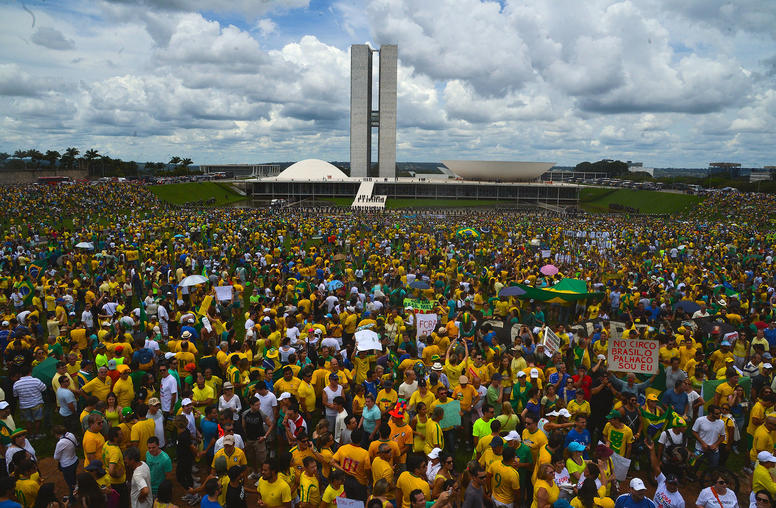
Five Things You Need to Know About Foreign Funding for Social Movements
From Kenya to Ukraine to Guatemala, citizen-led campaigns are fighting against corruption and demanding government accountability and transparency. Government donors and private foundation have increasingly supported such efforts. But, how does foreign funding impact the goals social movements seek to achieve and the tactics they use to get there? How does foreign funding impact a social movement’s ability to mobilize the masses? And what should external funders consider when supporting social movements? USIP’s Davin O’Regan discusses the finding of a forthcoming USIP Peaceworks examining the impact of external support to social movements focused on transparency and accountability.
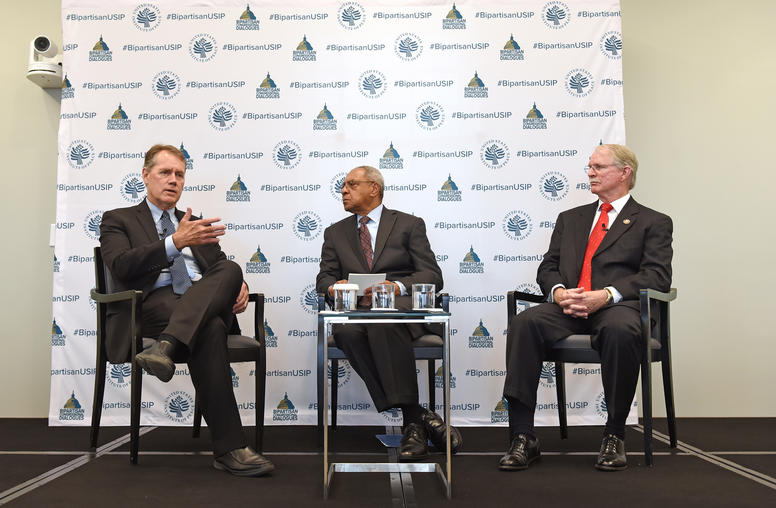
As China Projects Power in the Indo-Pacific, How Should the U.S. Respond?
There is a growing bipartisan consensus in Washington that China’s ascendance is a major strategic concern for U.S. and international security and stability. This is reflected in the 2017 U.S. National Security Strategy, which recalibrates U.S. foreign policy to address the challenges posed to American power and interests from escalating geopolitical competition with China and Russia. After a recent trip to the Indo-Pacific region, Rep. Ed Case (D-HI) and Rep. John Rutherford (R-FL) said they came away alarmed at how China is tightening its grip on U.S. allies across the region. What can the U.S. do to address China’s power projection and coercion in the Indo-Pacific and beyond?
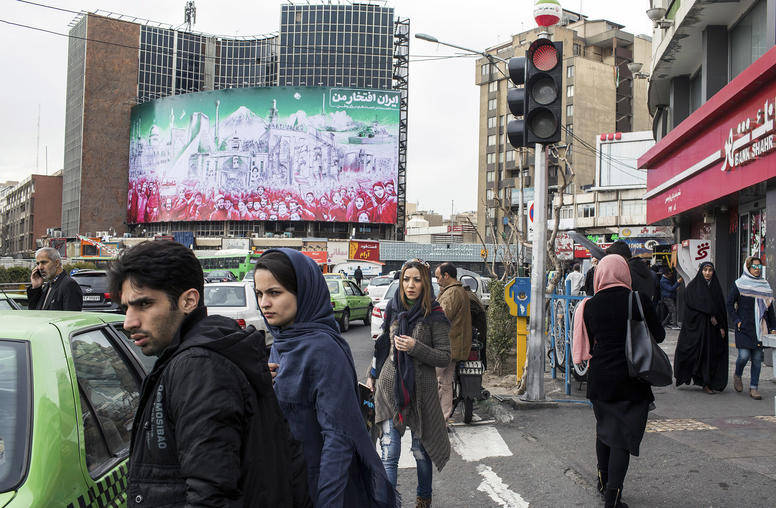
The Origins and Future of the Iran Crisis
The confrontation between the United States and Iran has shifted again as President Trump and the administration announced financial sanctions against Iran’s supreme leader, the Ayatollah Ali Khamenei, and other Iranian officials. Within days, the crisis has spun from attacks on oil tankers to an Iranian missile strike on a U.S. military surveillance drone, all centered around the Persian Gulf, the economic artery for about a third of the world’s oil. Hours after President Trump announced the latest sanctions, USIP’s Robin Wright—who directs the Institute’s Iran Primer project—discussed where the crisis stands, and where it could turn.
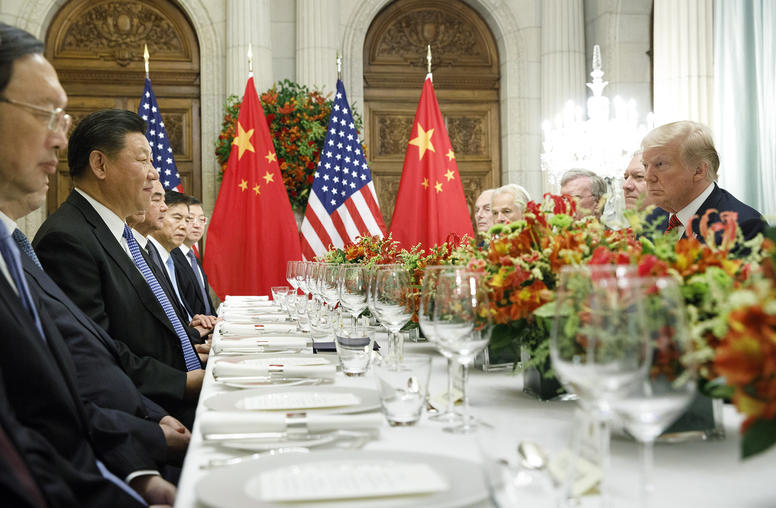
As U.S.-China Ties Slide, Trump and Xi Look to Bridge Divide
President Trump and Chinese President Xi Jinping are set to have an “extended meeting” on the sidelines of the G20 summit in Japan this week. The summit comes amid an escalating trade dispute and a recent U.S. decision to ban five Chinese tech companies from buying U.S. equipment without government approval. Beyond trade and technology issues, Trump and Xi are expected to discuss nuclear negotiations with North Korea—following Xi’s meeting last week with North Korea’s Kim Jong Un—and increased U.S.-Iran tensions. USIP’s Patricia Kim and Jacob Stokes analyze how the trade dispute has impacted the bilateral relationship and prospects for cooperation between Washington and Beijing.
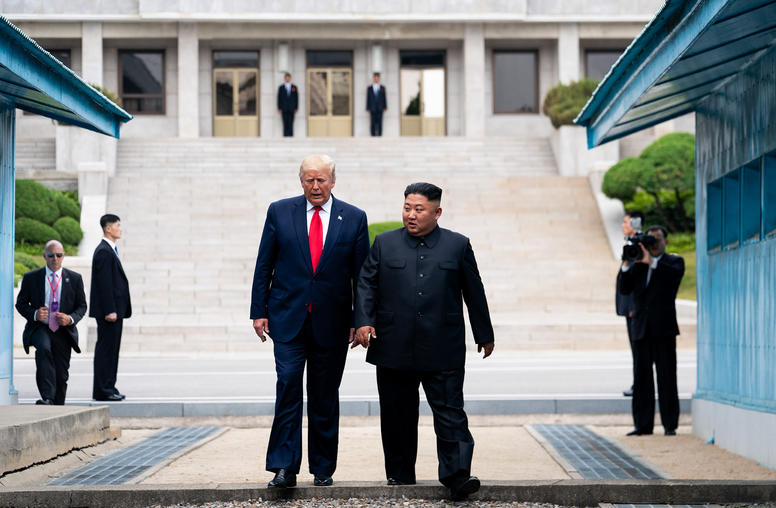
The North Korea Show: More Than a Photo Op
News coverage of President Trump’s meeting with North Korean leader Kim Jong Un has focused significantly on the optics of their televised encounter at the demarcation line separating North and South Korea. But according to two senior U.S. experts—Ambassador Joseph Yun, the former U.S. special representative for North Korea policy, and Frank Aum, who served as advisor for North Korea to four U.S. defense secretaries—the announced plan for a resumption of working-level talks is potentially significant.
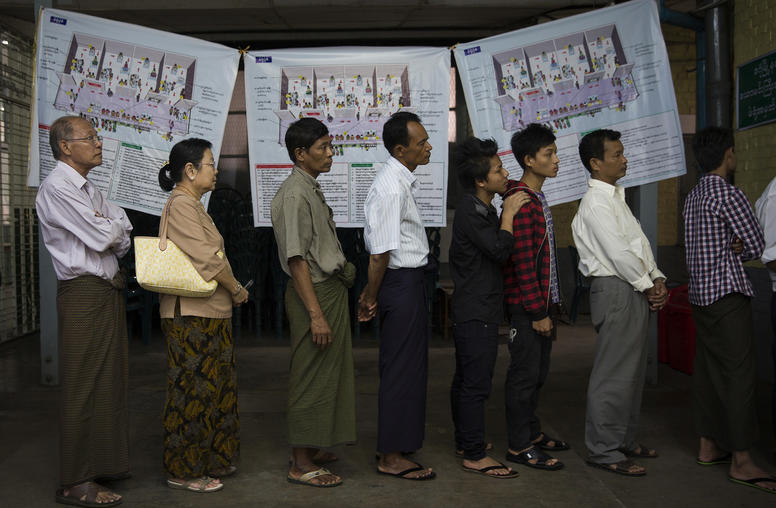
Burma’s Big Test: Preventing Election Violence in 2020
The people of Burma will head to the polls in late 2020 to elect more than 1,100 representatives to national, state, and regional legislative bodies. During a recent field assessment, the U.S. Institute of Peace confirmed that the risk of election-related violence is surprisingly low considering the ongoing conflicts and multitude of grievances. However, hate speech, disinformation, and intense competition between parties could create violent incidents, particularly during the campaign period. Early efforts to promote peaceful elections need to start now as the window for effective prevention will soon be closed.
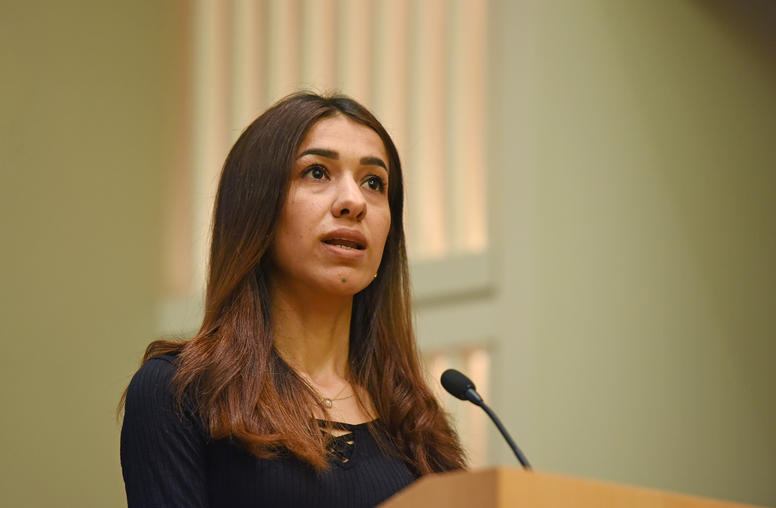
Nobel Laureate Nadia Murad Appeals for Aid to Save Yazidi Society
Nadia Murad, the sad-eyed, soft-spoken Nobel laureate and voice of the Yazidi genocide, warned that her people along with Christians and other minorities are slowly disappearing from Iraq. Faced with challenges that include uncertain security, lack of health care, stalled reconstruction and inability to leave refugee camps, Yazidis and other minority groups urgently need international help if they are to survive as components of Iraq’s national character, she said.